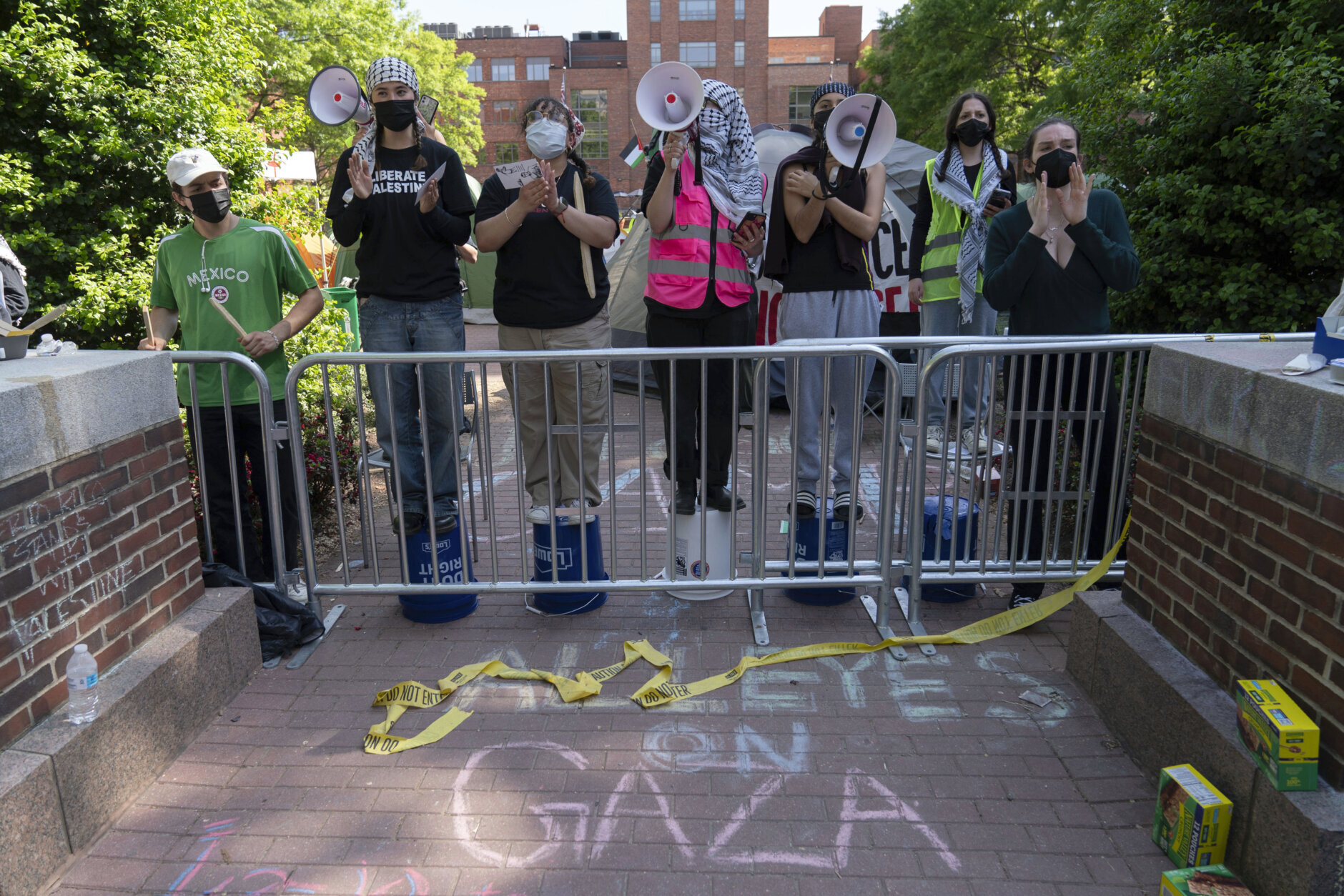George Washington University (GWU) officials have been pleading with police to sweep away university protesters as tensions grow on campus. In a tense standoff between police, university officials, and anti-Israel protesters at GWU in Washington, D.C., city authorities have decided against clearing the encampment due to concerns potential public relations fallout.
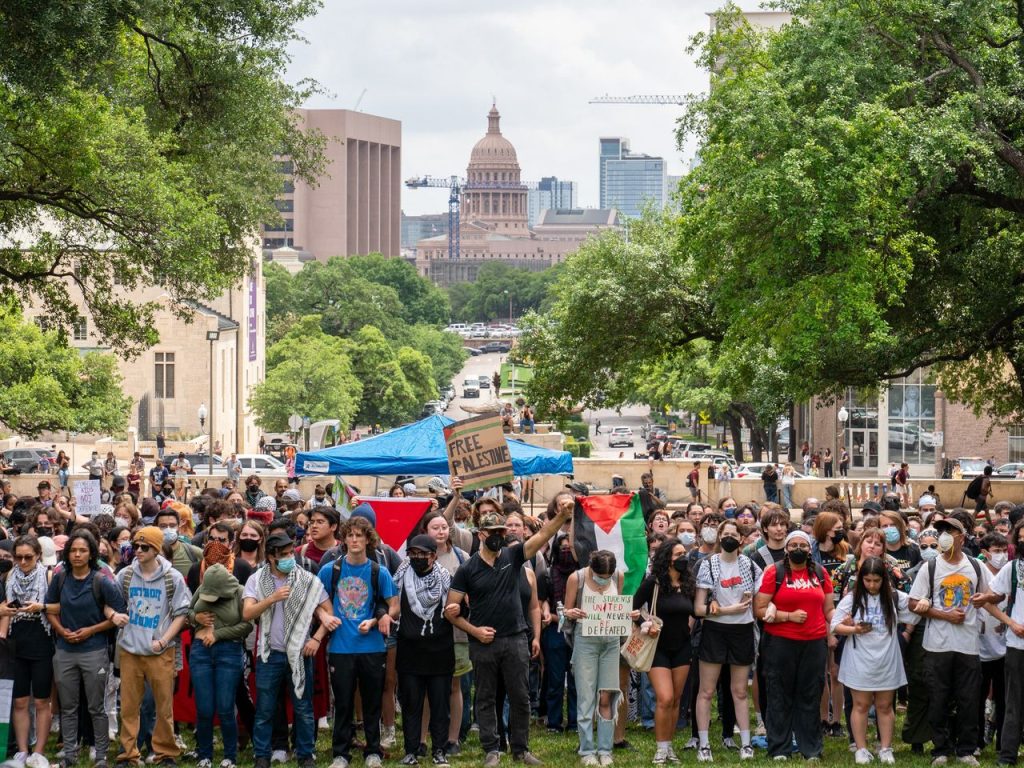
The decision comes as dozens of students continue to occupy GWU’s University Yard, blocks from the White House, despite violating campus policies and trespassing regulations.
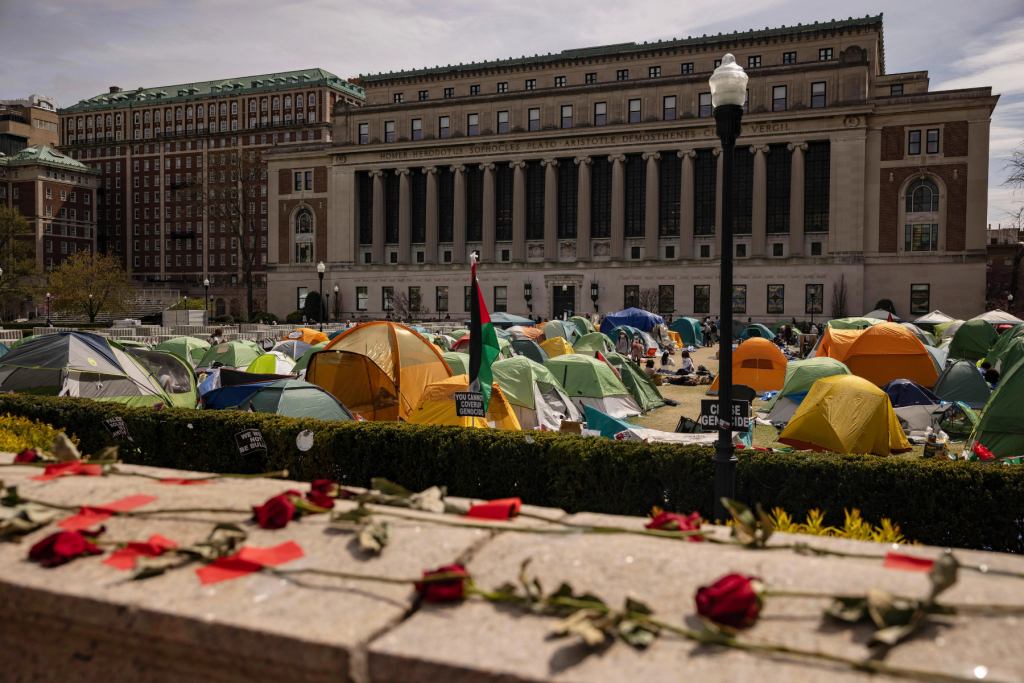
Notably, the demonstrators were a small group and were largely peaceful, which is why police were hesitant to intervene and potentially increase the odds of violence breaking out.
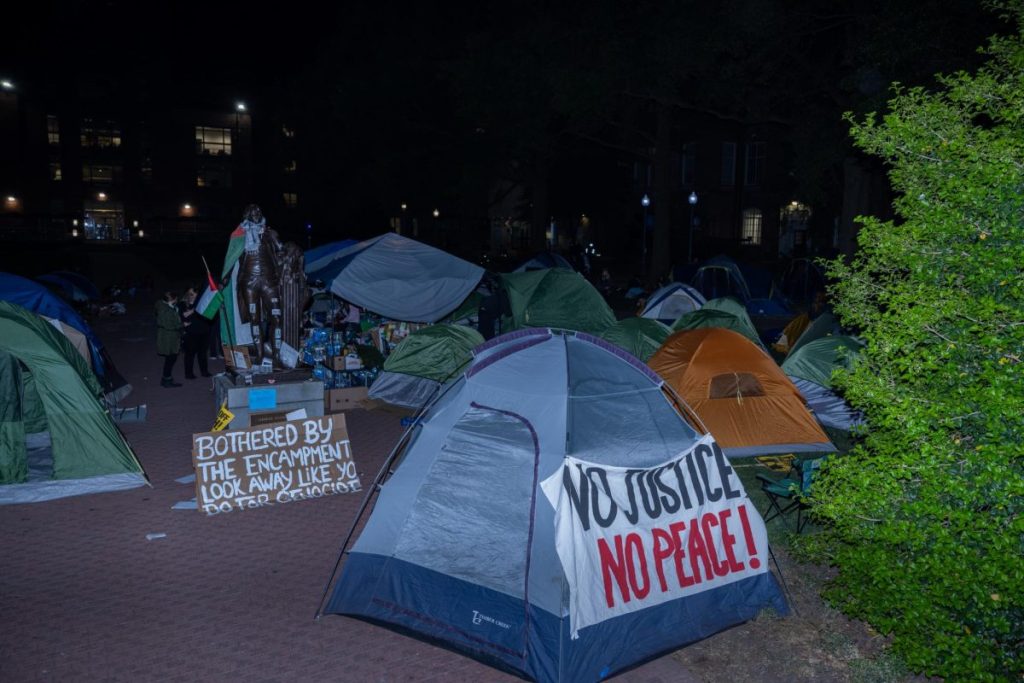
Campus officials initially sought to remove protesters by 7 p.m. on Thursday, stating that they had “violated several university policies and were trespassing.” However, city authorities advised against intervention due to the potential for negative publicity.

Police did arrive at the campus at around 3:00 on Friday morning but were instructed to stand down by the chief of police and the mayor’s office. They did not arrest any protesters but did barricade the encampment to disallow new members from joining.
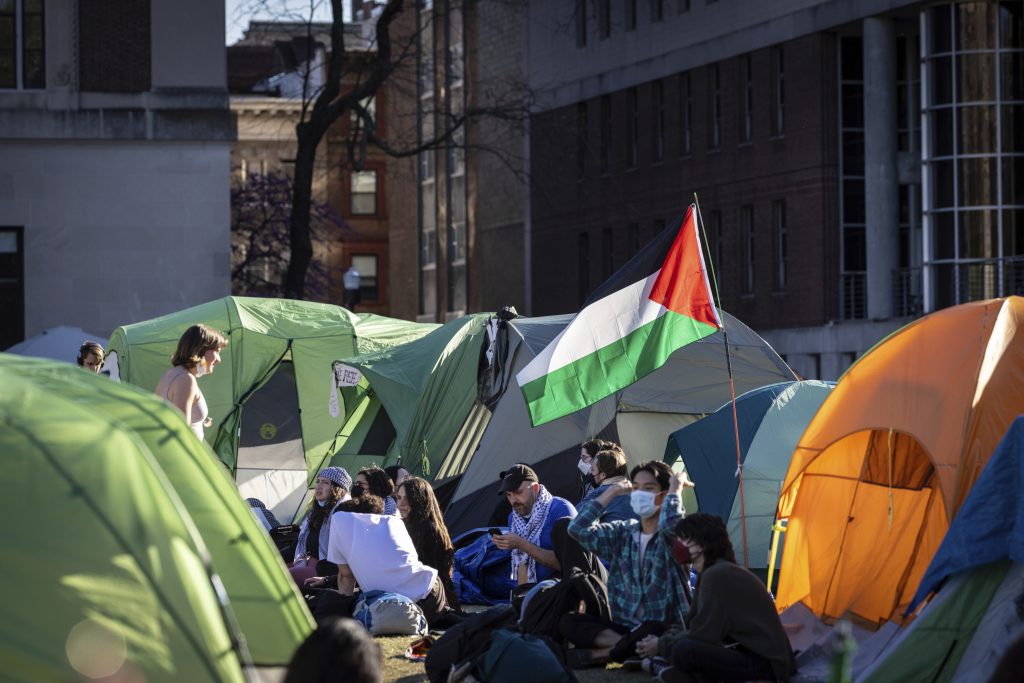
The same officials have yet to announce plans to clear out the encampment, leaving students in limbo. Despite calls from some students to take a stand against perceived antisemitism on campus, many are conflicted about how to address the situation.
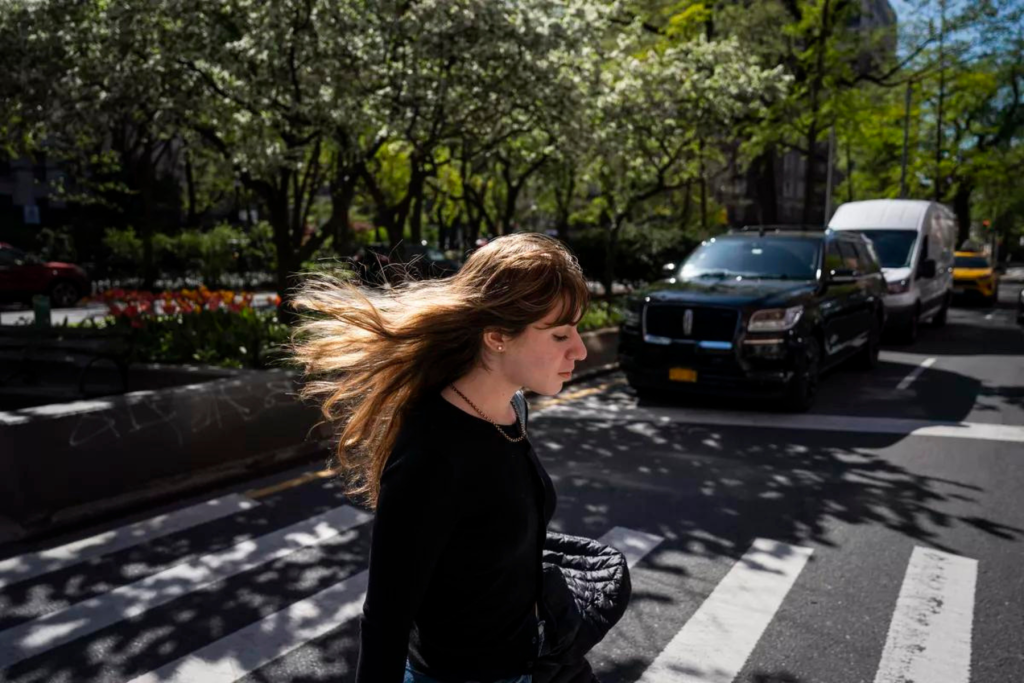
Jewish student Dahlia Soussan expressed her frustration and sadness over the protests, stating that she wants the conflict in Gaza to end but fears for her safety and the well-being of her peers.

In response to these developments, Rabbi Jill Jacobs, a human rights advocate, emphasized the importance of addressing students’ fears and helping them navigate their conflicting emotions.

Recently, Jewish students at Columbia University have experienced a surge in antisemitic incidents, including hate speech and vandalism. Hillel International reported over 1,350 incidents considered antisemitic since the conflict began, including over 400 acts of vandalism.
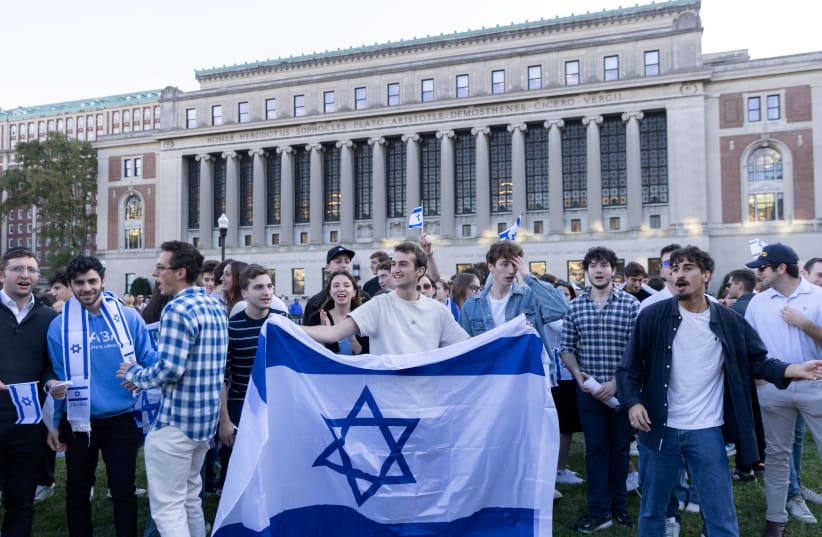
Despite these challenges, many Jewish students remain committed to engaging in dialogue and finding common ground with their peers.

Officials continue to navigate the protests in D.C. as tensions simmer on college campuses across the country. City officials confirmed that they do not currently plan on clearing the protest at GWU but that could change if the demonstrators begin to incite violence or if radical groups join the protest.

